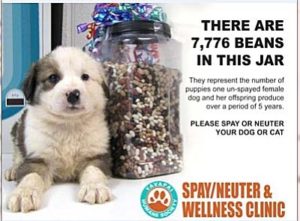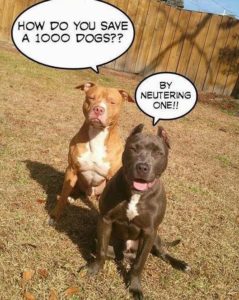Speaker of the House, Republican David Gowan, who is also running for Congress, is one of the prime sponsors of a bill raising serious concerns among people who understand the importance of strong prohibitions against animal cruelty.
House Bill 2330 will delight the corporate agriculture lobbyists who helped craft it to look like an animal protection bill – but in reality, this legislation is designed to repeal the few protections millions of animals have in Arizona.
HB 2330 is nearly identical to the first bill Gov. Doug Ducey vetoed after taking office last year. Again animal-welfare advocates are asking state representatives to defeat a bill intent on weakening the state’s current animal-cruelty laws.
The bill would remove livestock and poultry from Arizona’s definition of animals in the criminal code – stripping them of any protection from anti-cruelty laws. Further, the bill omits the crime of “abandonment” and the requirement to provide medical care to farm animals – both of which are crimes under current law. Under HB 2330, a person could abandon his horse in the desert and leave it to die without penalty.
HB 2330 would also forbid any city, town or county from enacting laws tougher than this watered-down bill. For example, in 1996, the City of Phoenix enacted an ordinance banning home slaughter of livestock following an investigation of people slaughtering goats in apartment complexes. Under HB 2330, local governments will be powerless to address issues like this in their communities.
One bizarre requirement of HB 2330 is that the Department of Agriculture Director has to be notified of any investigation of livestock abuse. The bill actually requires police officers investigating livestock abuse to notify civilians in the Department of Agriculture, thereby compromising ongoing criminal investigations. No other area of law enforcement requires such an outside notification.
HB 2330 not only threatens sensitive animal cruelty investigations conducted by law enforcement, it literally puts the fox in charge of the hen house.
HB 2330 revokes protections that all animals in Arizona have benefited from for decades and puts the welfare of certain animals at substantial risk – without any corresponding benefit or legitimate justification.
Watching the Department of Agriculture trying to undermine existing animal-cruelty statutes begs the question, “What are they trying to hide?” If most farmers and agricultural people treat their animals well, as I am convinced they do, why do they need to be exempt from animal-cruelty statutes?
The Yavapai Humane Society shares the concern of many lawmakers that animal welfare groups were not invited to be involved in the drafting of this bill nor were they even allowed to participate in any stakeholder meetings.
In a letter announcing his veto of a similar bill last year, Ducey explained, “we all agree animal cruelty is inexcusable and absolutely will not be tolerated in the state of Arizona. No animal should be the victim of abuse. Moreover, perpetrators must be held to account and properly penalized to the fullest extent of the law.
“We must ensure that all animals are protected, and [be] mindful that increasing protections for one class of animals does not inadvertently undercut protections of another,” which is exactly what HB 2330 intentionally does.
HB 2330 is bad law. We can do better. Let your state representatives know how you feel.


